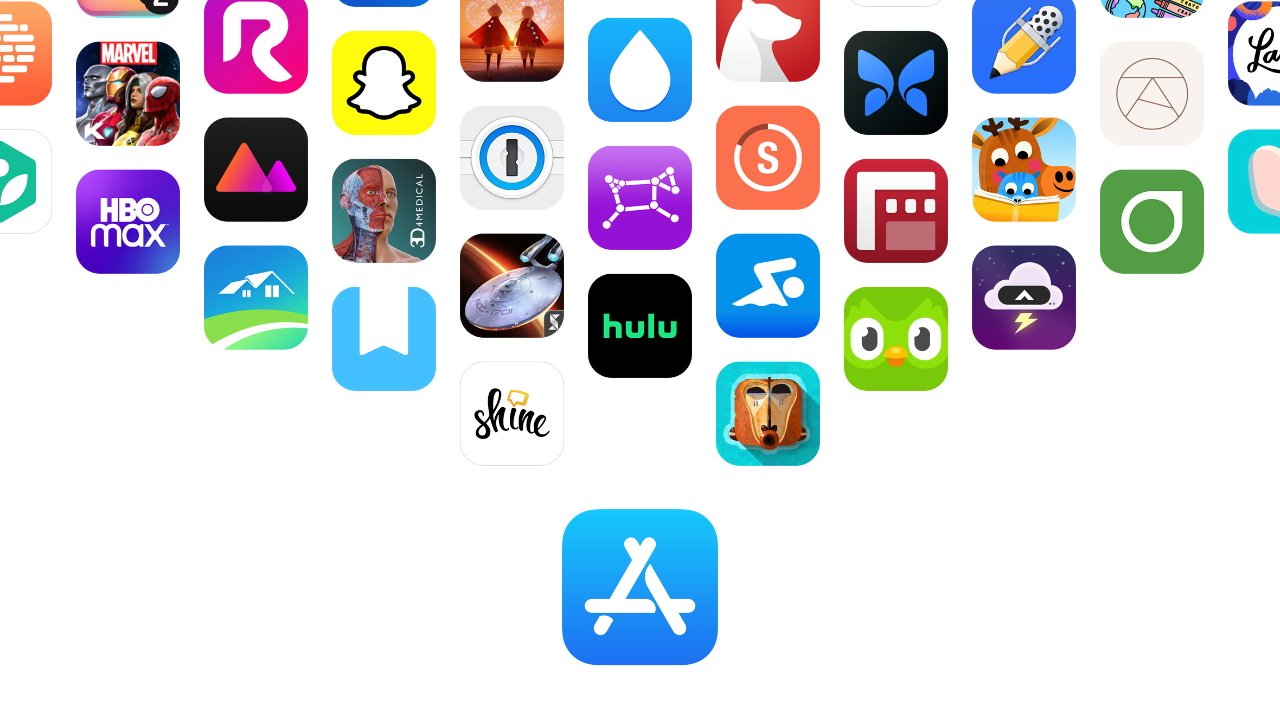Wikipedia Enhances Editing Process with Generative AI Support

Wikipedia, the world's largest online encyclopedia, has announced a significant upgrade to its editing process by integrating generative artificial intelligence (AI) to assist its dedicated community of volunteer editors. On Wednesday, the Wikimedia Foundation, the nonprofit organization that oversees Wikipedia, revealed that the implementation of AI tools aims to alleviate the workload of its unpaid staff comprising moderators, editors, and patrollers. This move is intended to allow these volunteers to focus more on quality control rather than being bogged down by routine technical tasks.
Chris Albon, the Director of Machine Learning at the Wikimedia Foundation, highlighted in his statement that the goal of incorporating AI is not to replace human editors or to automate the generation of Wikipedia's content. Instead, he stressed that AI will be employed to streamline the editing process by eliminating "technical barriers" and minimizing tedious tasks that currently hinder editors efficiency. These tasks include conducting background research, translating articles, and onboarding new contributors to the platform. Albon expressed hope that AI can help provide editors with more bandwidth to engage in thoughtful deliberation rather than getting stuck in technical support issues. He emphasized a human-centered approach, stating that the foundation would prioritize human agency, utilize open-source or open-weight AI, maintain transparency, and adopt a nuanced approach towards multilingual content management.
While the site has previously utilized AI for functions such as detecting vandalism, translating content, and predicting readability levels, this marks the first time that AI services will be extended to aid the editing process for human contributors. In recent years, the Wikimedia Foundation has consistently sought to enhance the editing experience for volunteers. Initiatives have included the introduction of new features aimed at improving user experience and providing legal protection for contributors facing harassment from right-wing groups.
However, as the volume of information available globally continues to surge, the number of active volunteers available to moderate this content is not keeping pace. Wikipedia is confronting a future where automated systems could potentially overwhelm the platform. Just earlier this month, the Wikimedia Foundation announced a new initiative aimed at developing an open access dataset that contains "structured Wikipedia content"essentially a version of Wikipedia optimized specifically for machine learning applications. This initiative is crucial in combating the increasing prevalence of AI bots that scrape the site, which has led to a significant strain on server resources and a staggering 50 percent increase in bandwidth consumption due to bot traffic.

























